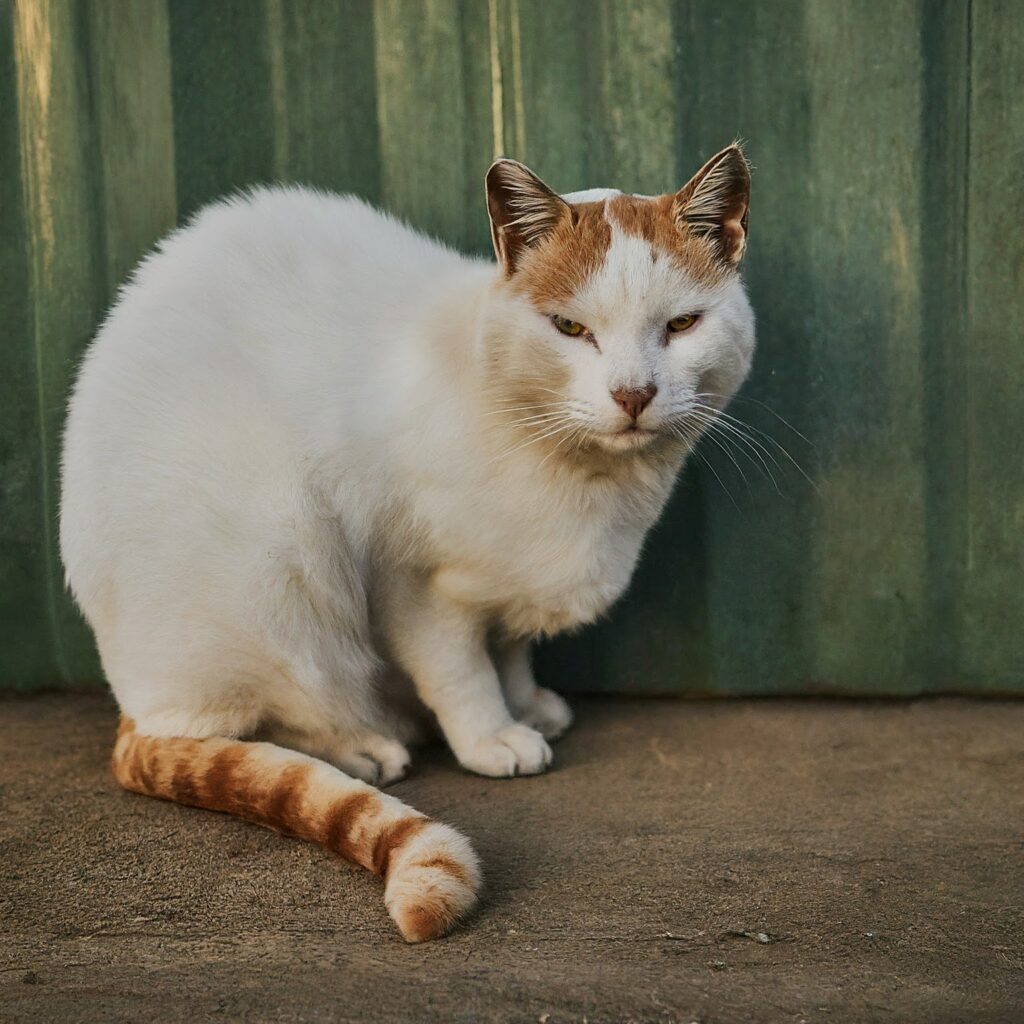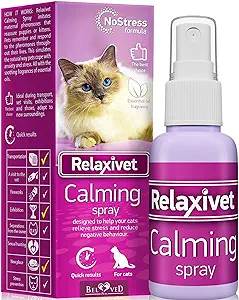Discover effective strategies to help your cat live a happier and healthier life by reducing anxiety and stress.
Anxiety and stress in cats can significantly affect both their mental and physical health, potentially leading to severe long-term consequences. By recognizing the signs and understanding the causes, you can take steps to help your feline friend feel more secure and loved.
Spotting the Signs of Anxiety and Stress
- Restlessness
- Aggression

Common Causes and Consequences
Anxiety in cats often stems from past traumatic experiences or changes in their routine. Common triggers include new pets, a change in home environment, different food or litter, and visits to the vet.
- Triggers: New noises, new pets, changes in home, changes in food or litter, vet visits.
- Consequences: Aberrant behaviors, social difficulties, and a predisposition to illness.
Management Strategies for Reducing Anxiety and Stress
Managing a cat’s anxiety involves a mix of behavioral changes, environmental adjustments, and sometimes natural remedies or medications. Here are 12 vet-recommended tips to help reduce your cat’s anxiety and stress:
- Rule Out Any Medical Condition
- Physical discomfort or illness can be a source of anxiety and stress. Ensure your cat receives a thorough medical examination.
- Ensure All Basic Needs are Met
- Nutritious diet, clean water, appropriate litter boxes, safe sleeping spaces, scratching posts, engaging toys, love, and personal space are all essential.
- Study the Environment
- Identify any changes that may be causing anxiety. Plan and gradually introduce changes to minimize stress.
- Address the Social Environment
- In multi-cat households, ensure all cats feel safe and have their needs met. Address any signs of aggression or displacement.
- Recognize Separation Anxiety
- Leave interactive toys for your cat when you’re away and avoid dramatic departures and arrivals. Consider a pet sitter or an additional pet for companionship.
- Use Pheromone Diffusers
- Synthetic pheromones can help cats feel more secure.
- Try a cat-calming spray.

- Sprays with relaxing herb blends can be effective, especially for travel or new environments.
- Play Calming Music
- Calming music can create a more peaceful environment for anxious cats.
- Use Training and Desensitization Methods
- Help your cat become comfortable with travel and new experiences by positively reinforcing desired behaviors.
- Calming Supplements
- Supplements like L-tryptophan, α-casozepine, L-theanine, and choline can alleviate anxiety.
- Calming Herbal Blends
- Herbs such as valerian root, catnip, cat thyme, and licorice root can have soothing effects.
- Consider anti-anxiety Medications

- If natural methods aren’t enough, consult your vet about the possibility of prescription medications, usually as a last resort.
Conclusion

Understanding and addressing your cat’s anxiety and stress is crucial for their overall well-being. By following these vet-recommended tips, you can help your feline friend lead a happier, healthier life. We can look forward to seeing more research and products aimed at improving the mental health of our beloved pets. Be proactive and attentive to ensure your cat feels safe, secure, and loved.




